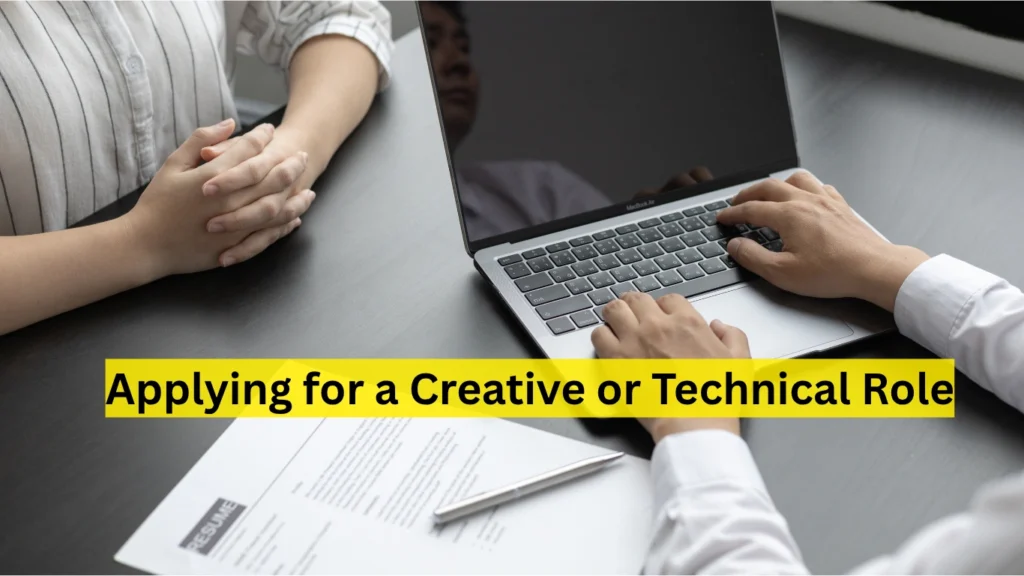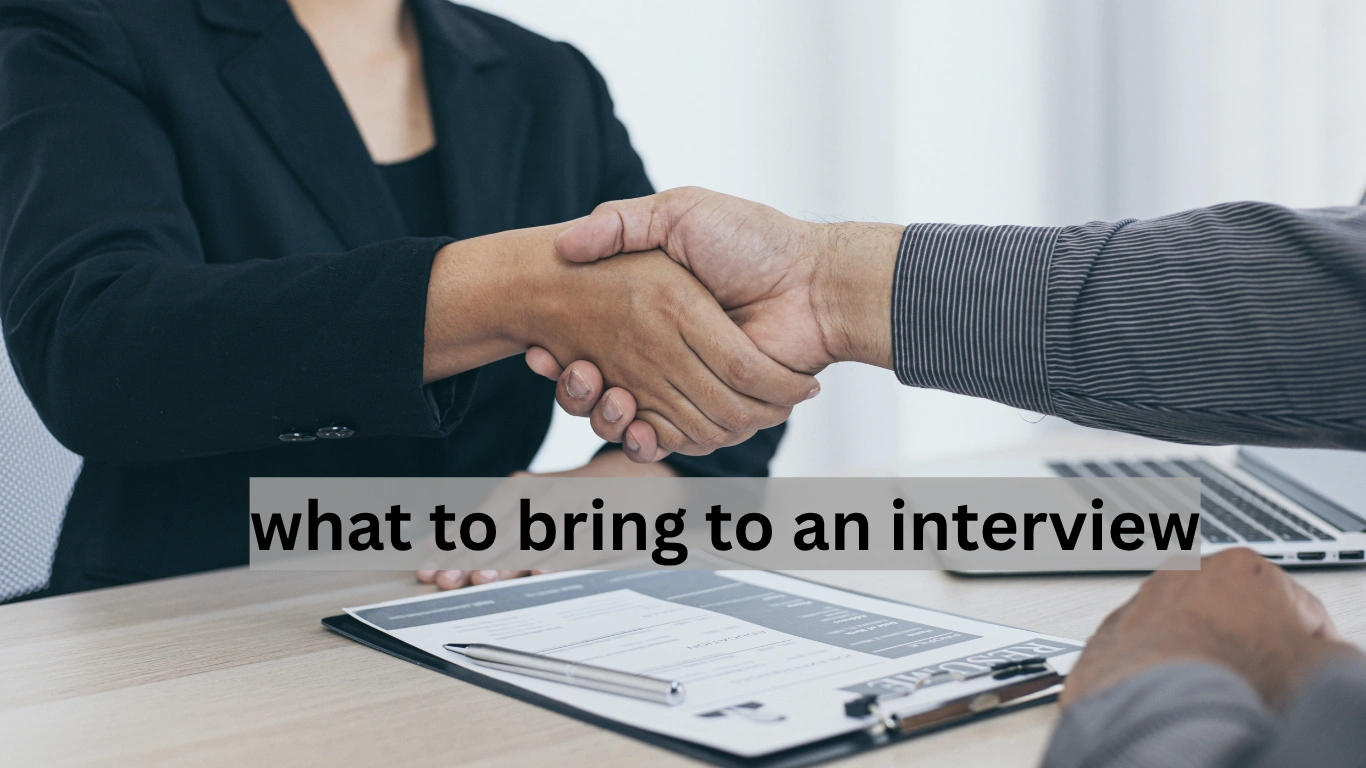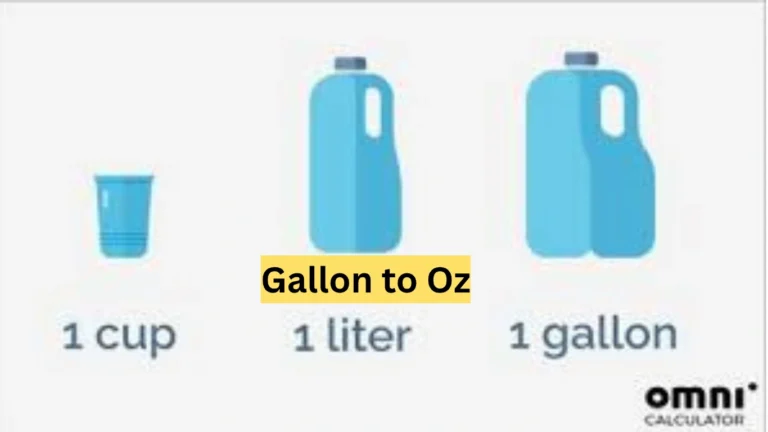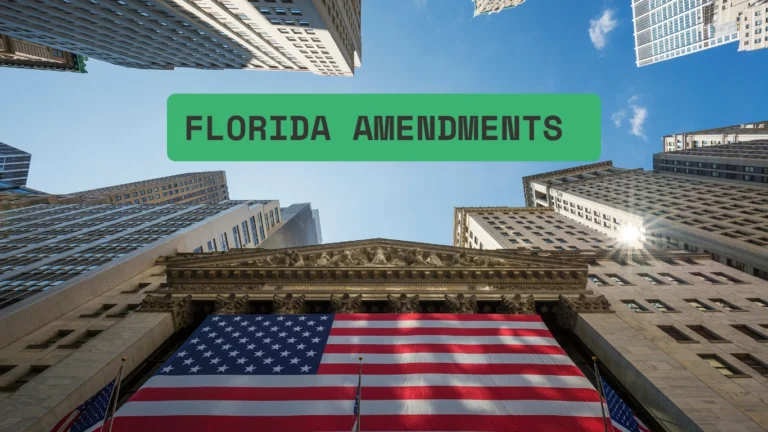What to Bring to an Interview Your Complete Guide to Success
Preparing for a job interview can be exciting and nerve-wracking at the same time. It’s your chance to make a great first impression and prove you’re the right fit for the job. One of the biggest mistakes people make is not being fully prepared, especially when it comes to what to bring to an interview. Whether you’re heading to a corporate office or a casual café for your interview, packing the right things can give you confidence and show your professionalism.
Why Does It Matter What You Bring?
You only get one chance to make a good first impression. Arriving with the right items shows you’re organized, professional, and interview checklist about the opportunity. It also helps the interview go smoothly. Imagine forgetting your resume or being unable to take notes. That’s why knowing what to bring to an interview is just as important as how you dress or answer questions.
Dressing the Part and Personal Presentation
Along with what to bring to an interview, how you present yourself is just as important. Make sure your clothes are clean, wrinkle-free, and appropriate for the company culture. Bring grooming items like a comb or breath mints, especially if you have to travel far or eat beforehand. Being polished adds to your overall confidence and appeal.
Don’t Forget These Small but Important Items
Some items may seem minor, but they can make a big difference. Always carry a charged phone, but keep it on silent. You may need it to review directions or for contact if you’re running late. A water bottle is good to have just in case, especially in warm weather. Breath mints can also help if you’re nervous and dry-mouthed. It’s also wise to bring a folder or professional-looking bag to keep your documents neat. Walking in with papers falling out of your hand looks messy and careless.
Should You Bring Notes or a Cheat Sheet?
Yes, but only if it’s done the right way. A small notebook with key points about the company, your top skills, and questions to ask is helpful. But don’t read directly from it. Glancing quickly is fine, but you should still speak naturally and make eye contact. This helps you stay focused without sounding rehearsed.
When You’re Applying for a Creative or Technical Role

If you’re in a role that involves design, writing, coding, or anything visual, bring examples. A portfolio (physical or digital) shows your best work and speaks louder than your words. In some cases, you can use a tablet to showcase your digital samples, but make sure it’s charged and clean.
Things You Should Not Bring
While it’s important to know what to bring, it’s equally vital to know what to leave behind. Avoid bringing food, loud accessories, gum, or job interview essentials. These can distract you and the interviewer. Also, don’t bring friends or family, even if they wait outside. It shows you can handle things independently.
Helpful Table: What to Bring vs. What Not to Bring
| Bring These | Avoid These |
|---|---|
| Printed Resume | Snacks or chewing gum |
| ID and Interview Details | Headphones or AirPods |
| Work Samples | Too many bags or items |
| List of Questions | Negative attitude |
| Notepad and Pen | Distracting clothing or perfume |
Prepare the Night Before
To avoid a stressful morning, prepare everything the night before. Lay out your outfit, pack your folder, check your directions, and charge your devices. Being well-prepared helps you sleep better and feel more confident when you wake up.
Make a checklist and go through it:
- Do I have multiple copies of my resume?
- Are my documents neat and inside a folder?
- Is my outfit clean and professional?
- Do I have breath mints and water?
- Is my phone charged and set to silent?
This quick review will save you from any last-minute panic.
Conculsion:
Knowing what to bring to an interview goes beyond packing a bag. It’s about showing you’re ready, respectful, and focused on the opportunity. From your resume to your mindset, every detail counts. Employers notice the small things. So prepare carefully, smile warmly, and go in with confidence. The next time you wonder what to bring to an interview, remember it’s about more than just papers—it’s your chance to make a strong and lasting impression.
FAQs:
How many copies of my resume should I bring?
Bring at least 2-3 copies in case you meet more than one interviewer.
Can I use my phone for notes or portfolio?
Yes, but keep it professional. Use a tablet or printed samples if possible.
What should I wear to an interview?
Wear clean, simple, and appropriate clothes for the company’s culture.
Should I bring my own questions?
Absolutely. Having a list shows your interest and research.
Can I bring my coffee to the interview?
It’s best to avoid drinks other than water. Spills or smells can distract.







